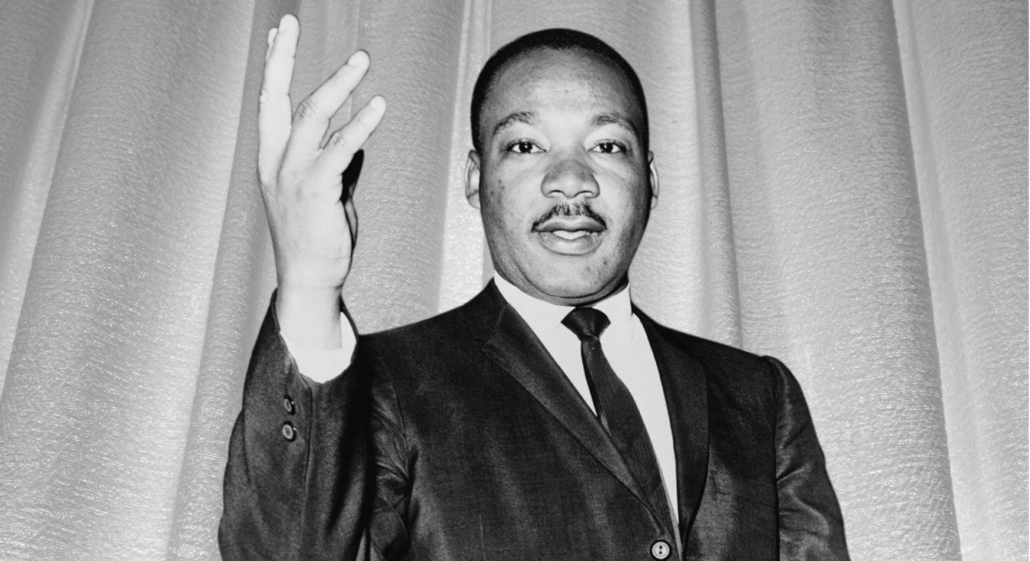Today we honor the life of Martin Luther King, Jr. MLK gave society an understanding of what it is like to be unheard and treated wrongly in an unfair world. Fifty-two years later, we as a country are still fighting the wars against racism and inhuman acts. In his “Letter from a Birmingham Jail” dated April 16, 1963, Martin Luther King Jr., notes, “Injustice anywhere is a threat to justice everywhere” (2). Do we not recognize injustice in society today, and if we do, why are these acts portrayed at times across our social media, as a show of contentment rather than a show of disgrace? We as individuals are what solidifies us as a nation. Our arms stretch long in unity, but our prides measure shortness. We still fail and fall short of standing up for what is just and at times sit down for what is unjust.

We live in a free society, but when outside individuals try to obtain that same freedom, we fail to provide what our Constitution prevails and as MLK stated, “Anyone who lives inside the United States can never be considered an outsider anywhere in this country” (2). However, not only are the outsiders treated morally wrong, but the insiders of this country as well.
At times laws can become ambiguous, and as individuals we cannot tell the difference between just and unjust laws:
There are just and there are unjust laws. I would agree with
Saint Augustine that ‘An unjust law is no law at all.’ Now
What is the difference between the two? How does one determine
When a law is just or unjust? A just law is a man-made code
That squares with the moral law or the law of God. An unjust
Law is a code that is out of harmony with the moral law. To put
It in the terms of Saint Thomas Aquinas, an unjust law is a
Human law that is not rooted in external and natural law. Any
Law that uplifts human personality is just. Any law that
Degrades human personality is unjust. All segregation statutes
Are unjust because segregation distorts the soul and damages
The personality. It gives the segregator a false sense of
superiority, and the segregated a false sense of inferiority.
(qtd. in Letter from a Birmingham Jail 7)
So, the question posed to you on this day, as we honor MLK is what do you stand for and/or what will you stand up for? Will you stand up against the child that is being bullied by his/her classmates, or the man, woman, and/or child, who is being crucified for their appearance, color, sexual preference, or religious views?
Being quite is never enough to obtain unity and peace for the future.
The Martin Luther King, Jr. Research and Education Institute. Stanford U, 9 Jan. 2020, www.kinginstitute.stanford.edu/king-papers/documents/letter-birmingham-jail. Accessed 9 January 2020.
Last Updated on February 6, 2022 by The Orlando Law Group







